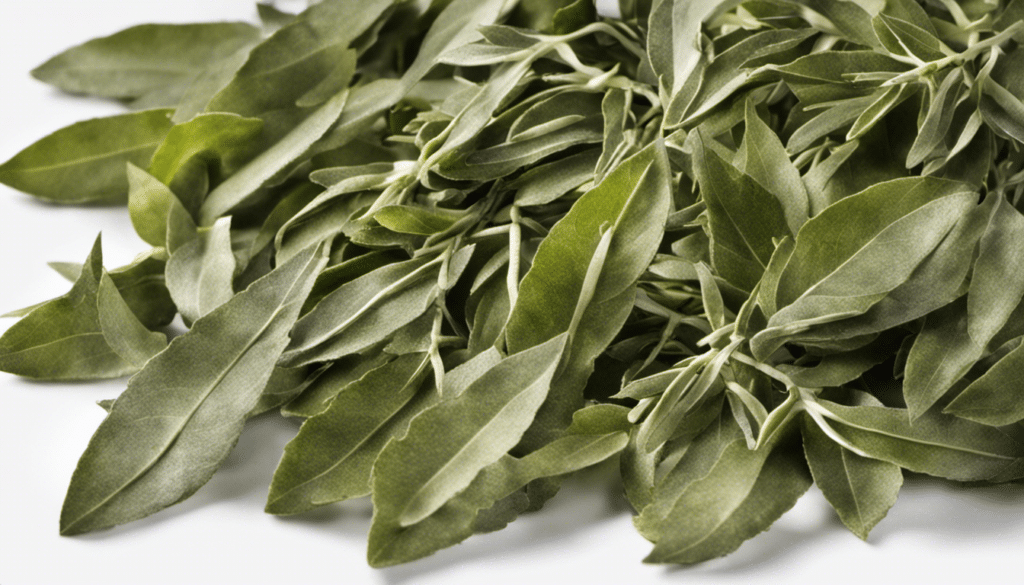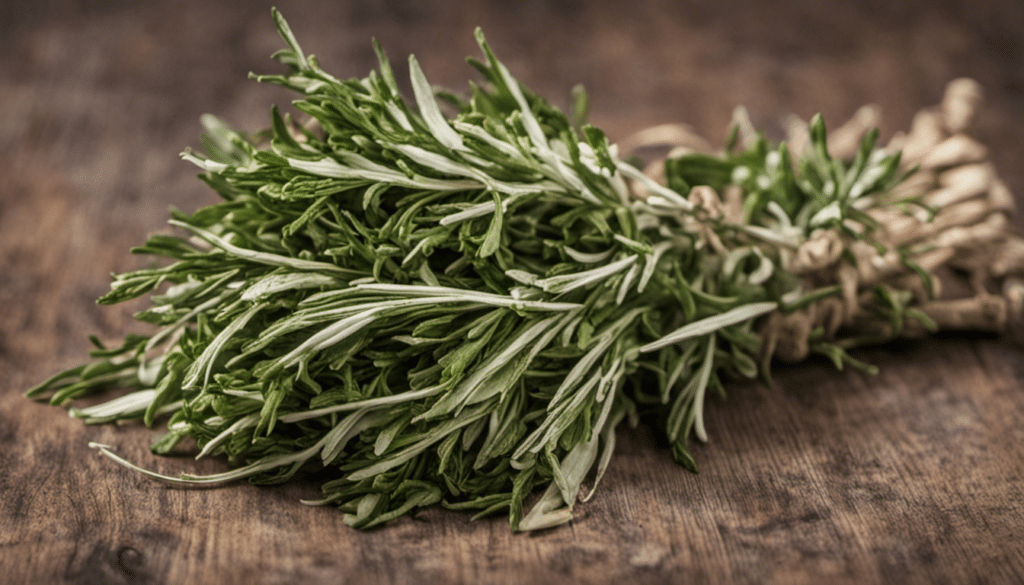Everything You Need to Know About Epazote
Epazote is a herb as intriguing as it sounds. Tracing back to the indigenous cultures of Central and South America, this feisty herb holds under its leaves an alchemical concoction of history, culture, and gastronomy. Yet, its enchanting aura is not just confined to adding an extra zing to your stews, beans, or tortillas. It’s a medicinal marvel having multiple health benefits. Whether you know it as epazote, wormseed, or Mexican tea, this herb is ready to surprise you with its versatility.
Origin and Other Names of Epazote
Epazote dates back its origin to the lands of Central and South America, more specifically southern Mexico, where it thrives in tropical, subtropical, and mildly temperate ecosystems. Fostered by Nahuatl, Mayan, and other indigenous civilizations, epazote proudly belongs to the Chenopodiaceae family, rubbing shoulders with spinach and chard. But epazote is a globe-trotter in a true sense. You’ll find it gracing the gardens of North America, Africa, Asia, and even Europe – a testimony to its cosmopolitan soul. Source
Known for its distinctive aroma, epazote goes by numerous names around the world. Wormseed, Jesuit’s tea, Mexican tea, Paico, or Herba Sancti Mariæ, the charm of epazote transcends linguistic barriers.
Health Benefits of Epazote
Epazote is a vibrant combination of culinary excellence and wellness promoter. It’s well-known for its role in relieving gastrointestinal issues such as gas, bloating, and various types of intestinal parasites. Its medicinal properties can be credited to its active compound named ascaridole. Source
But that’s not all. Epazote also plays a significant role as a diuretic and is revered for its positive impact on menstrual disorders. It also holds some potential benefits in checking asthma and aiding weight loss, but these accrue more anecdotal evidence as research in these fields is still early-stage.
Taste and Culinary Uses
Epazote, with its pungent, musky, and slightly citrusy flavor, lends a distinctive punch to a variety of dishes. Its demanding flavor profile is often compared to the likes of oregano, anise, fennel, camphor, or even tarragon. No doubt, epazote can command a stage on its own.
In traditional Mexican cuisine, epazote is the secret ingredient that uplifts the flavor of dishes like quesadillas, tamales, soups, and especially black beans. If you’re a true gastronome, delicate epazote hints here and there may lead you to a whole new avenue of culinary ecstasy. Source
Bellissimo, isn’t it? Next time when you hit your kitchen, don’t forget to introduce epazote to your fridge. Be ready to witness an exciting gastronomic marvel dancing on your taste buds!
Epazote Recipe Ideas
- Epazote Black Bean Soup
- Epazote and Zucchini Quesadillas
- Epazote Chicken Enchiladas
- Mexican Epazote Pesto
- Epazote Infused White Rice
- Pork Stew with Epazote
- Epazote Cheddar Cornbread
- Epazote Style Guacamole
- Epazote and Eggplant Saute
- Epazote and Chickpea Hummus




